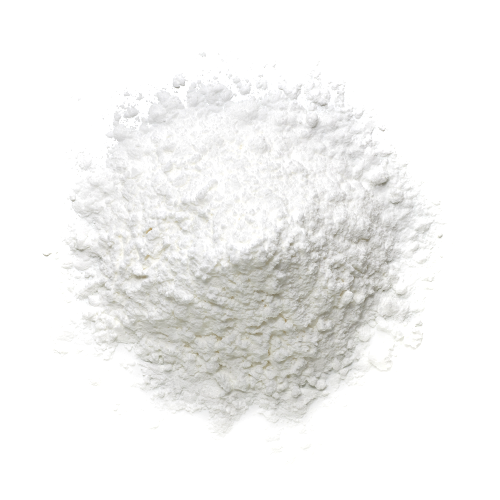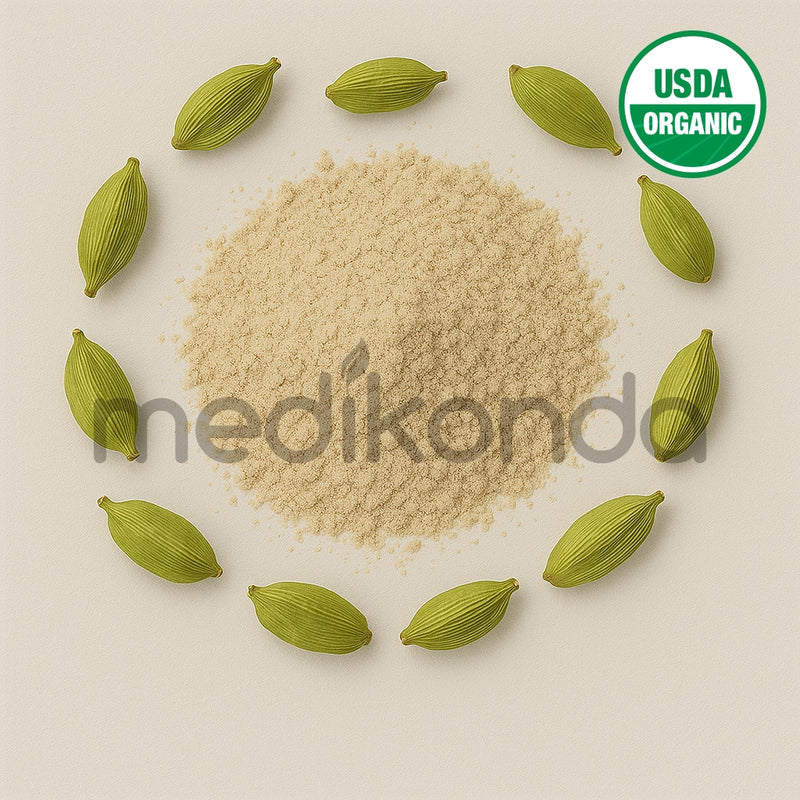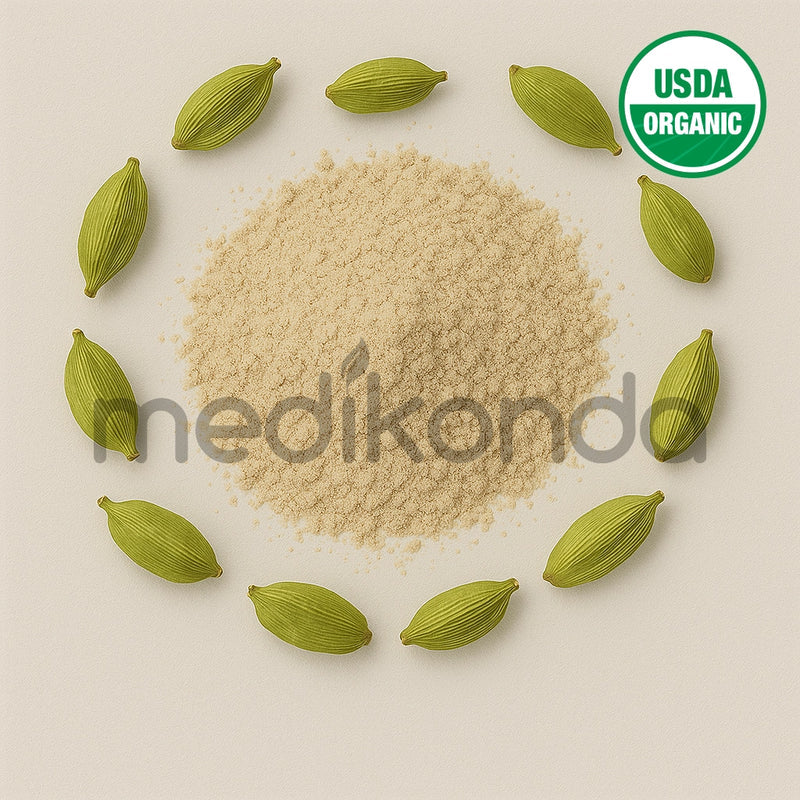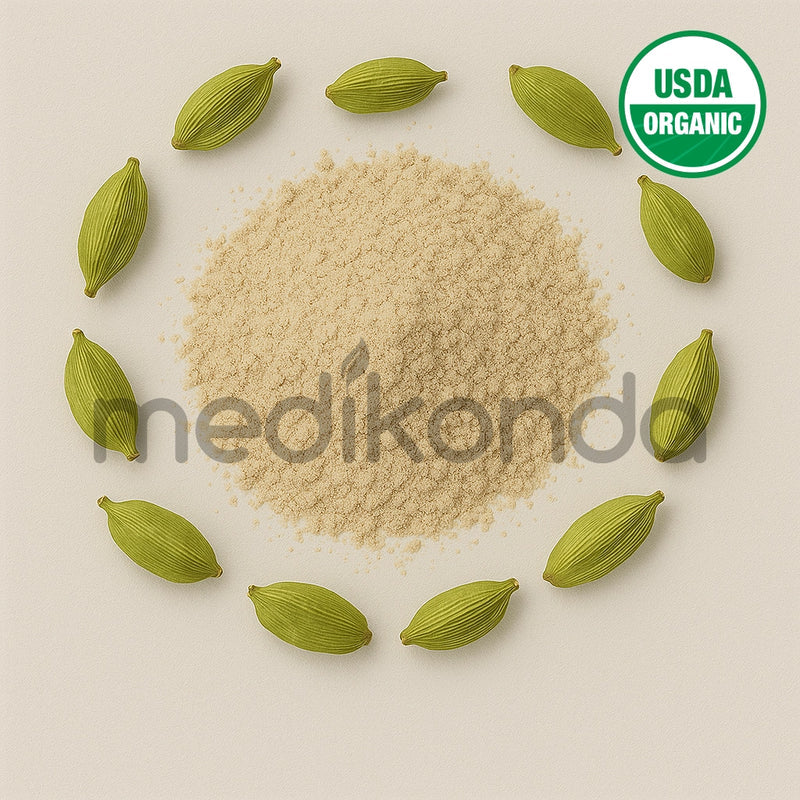Add description, images, menus and links to your mega menu
A column with no settings can be used as a spacer
Link to your collections, sales and even external links
Add up to five columns
Add description, images, menus and links to your mega menu
A column with no settings can be used as a spacer
Link to your collections, sales and even external links
Add up to five columns
LOOKING FOR BULK INGREDIENTS PRICING?
GET INSTANT QUOTEwhat ingredient are you looking for?

Benefits of Chymotrypsin - Wholesale B2B Bulk Suppliers in Australia and New Zealand
Chymotrypsin: The Proteolytic Enzyme with Powerful Therapeutic Potential
What is Chymotrypsin?
Chymotrypsin is a powerful proteolytic enzyme—meaning it breaks down proteins into smaller peptides or amino acids. Naturally produced in the pancreas, it plays a critical role in digestion by helping the body break down dietary proteins in the small intestine.
Beyond digestion, chymotrypsin is widely used in medicine, biochemistry, and industrial applications due to its potent anti-inflammatory, debriding, and protein-cleaving properties.
How Does Chymotrypsin Work?
Chymotrypsin specifically targets and cleaves peptide bonds adjacent to aromatic amino acids like tryptophan, phenylalanine, and tyrosine. This makes it highly effective at breaking down complex protein structures, whether in food or in bodily tissues like clots, dead cells, or inflammatory debris.
It is often formulated in enteric-coated tablets or powders to ensure it survives stomach acid and reaches the small intestine for absorption or systemic action.
Key Health and Medical Applications
1. Anti-inflammatory Agent
Chymotrypsin is used as an adjunct treatment in inflammation caused by:
-
Surgery
-
Injury
-
Infections
-
Sinusitis
By reducing swelling, pain, and tissue irritation, it speeds up recovery and relieves discomfort.
2. Wound Healing and Debridement
In wound care, chymotrypsin helps debride necrotic tissue, promoting faster healing and cleaner wound environments. It is often used in burn treatments, ulcers, and surgical wounds.
3. Post-surgical Recovery
Surgeons frequently recommend chymotrypsin to reduce:
-
Post-operative swelling
-
Bruising
-
Hematoma formation
Its ability to break down damaged proteins helps tissues heal more efficiently.
4. Sinus and Respiratory Support
Chymotrypsin is included in some formulations for sinus congestion relief, where it reduces mucus thickness and inflammation in the nasal passages.
5. Digestive Support
Though less common than other enzymes like amylase or lipase, chymotrypsin can be included in digestive enzyme blends to support protein digestion—particularly for those with pancreatic insufficiency.
Industrial and Research Applications
-
Protein sequencing: Chymotrypsin is used in labs to cleave proteins at specific sites during structural analysis.
-
Tissue dissociation: In cell culture, it helps dissociate tissues into single cells for research.
-
Pharmaceutical manufacturing: Assists in peptide and protein formulation refinement.
Dosage and Supplementation
Chymotrypsin is available in both oral and topical forms. Common oral supplements include enteric-coated tablets to allow absorption into the bloodstream. Dosage depends on the intended use:
-
Digestive support: Taken with meals
-
Anti-inflammatory therapy: Taken between meals (on an empty stomach)
Always consult a healthcare provider before starting supplementation.
Safety and Side Effects
Chymotrypsin is generally safe when used as directed. However, some individuals may experience:
-
Nausea
-
Diarrhea
-
Skin irritation (in topical forms)
-
Allergic reactions (rare)
It is not recommended for individuals with bleeding disorders, upcoming surgeries, or allergies to proteolytic enzymes.
Final Thoughts
Chymotrypsin is far more than just a digestive enzyme—it is a versatile therapeutic agent with significant anti-inflammatory, debriding, and healing properties. Whether used in clinical medicine or enzyme therapy, its ability to break down protein structures makes it a valuable tool in both health and research settings. As with any supplement or treatment, careful use under professional guidance ensures safety and maximum benefit.
For bulk orders and inquiries, visit Medikonda Nutrients - Chymotrypsin
Medikonda Nutrients is the Largest Manufacturer, B2B Bulk Wholesale Supplier of Chymotrypsin in Australia and New Zealand.
Also in Medikonda: Health & Wellness
SUBSCRIBE NOW ...
Don't miss to get latest updates on sales, new releases and promotions




